Order is not pressure which is imposed on society from without, but an equilibrium which is set up from within
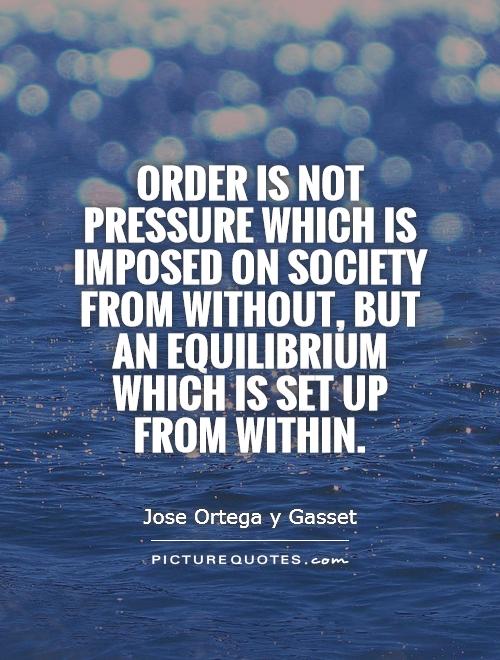
Order is not pressure which is imposed on society from without, but an equilibrium which is set up from within
José Ortega y Gasset, a Spanish philosopher and essayist, was known for his ideas on the nature of society and the individual. One of his most famous quotes, "Order is not pressure which is imposed on society from without, but an equilibrium which is set up from within," encapsulates his belief that order in society is not something that is forced upon individuals by external forces, but rather something that arises organically from within the collective consciousness of a society.Ortega y Gasset believed that society is not a static entity, but rather a dynamic and ever-changing organism that is constantly evolving. He argued that order in society is not the result of external forces imposing their will on individuals, but rather the result of individuals coming together to create a sense of equilibrium and harmony within their community. This sense of order arises from within the collective consciousness of a society, as individuals work together to establish norms, values, and rules that govern their interactions with one another.
According to Ortega y Gasset, this internal sense of order is what allows society to function smoothly and cohesively. When individuals are able to come together and establish a shared sense of purpose and direction, they are able to create a sense of order that is sustainable and enduring. This internal equilibrium is what allows society to thrive and flourish, as individuals are able to work together towards common goals and objectives.
Ortega y Gasset's ideas on the nature of order in society have profound implications for how we understand the relationship between individuals and the larger social structures in which they exist. By emphasizing the importance of internal equilibrium and harmony in society, Ortega y Gasset challenges us to rethink our assumptions about the nature of social order and the role of individuals within it. Instead of seeing order as something that is imposed from without, we are encouraged to see it as something that emerges from within, as individuals come together to create a sense of balance and harmony in their interactions with one another.



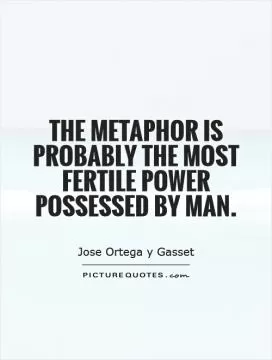
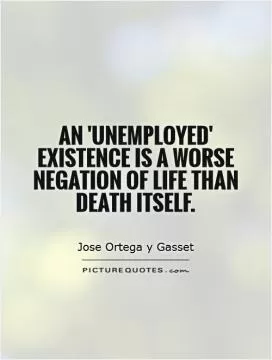


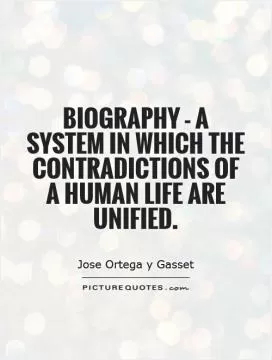


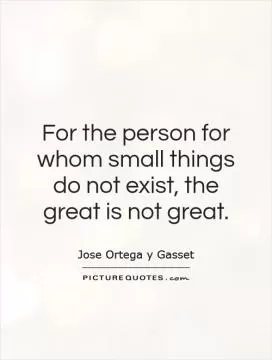

 Friendship Quotes
Friendship Quotes Love Quotes
Love Quotes Life Quotes
Life Quotes Funny Quotes
Funny Quotes Motivational Quotes
Motivational Quotes Inspirational Quotes
Inspirational Quotes